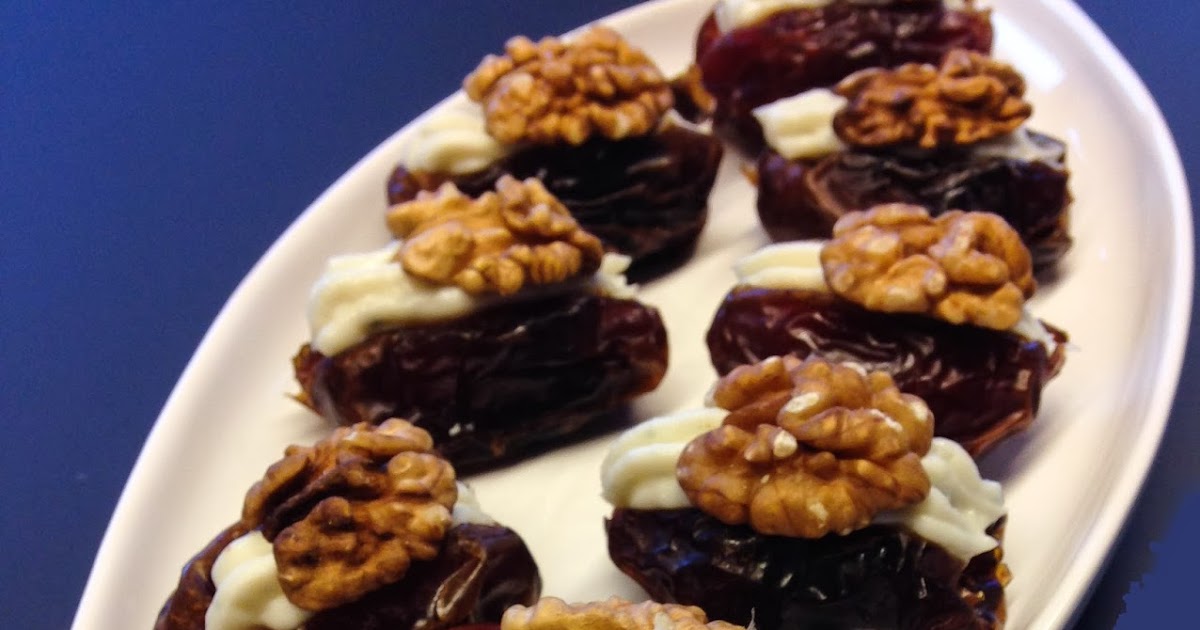Introduction
Among the ever-evolving world of gastronomy, there are few ingredients that can create the same level of surprise as Masgonzola—a unique combination of mascarpone and Gorgonzola cheese. This hybrid combines the luxurious, buttery texture of mascarpone with the strong, blue-veined flavor of Gorgonzola for a boldly flexible ingredient that has taken over gourmet kitchens worldwide.
The Origins of Masgonzola – A historical and culinary perspective.
The Making of Masgonzola – How this cheese is crafted.
Flavor Profile and Culinary Uses – Why chefs love it.
Pairing Suggestions – Best wines, fruits, and accompaniments.
Masgonzola vs. Traditional Blue Cheeses – What sets it apart?
Recipes Featuring Masgonzola – From appetizers to desserts.
Where to Buy and How to Store – Tips for cheese lovers.
By the end, you’ll understand why Masgonzola is more than just a cheese—it’s a culinary experience.
The Origins of Masgonzola
A Marriage of Two Italian Classics
Italy is famous everywhere for its cheese-making culture, and such local specialties as Gorgonzola (Lombardy) and mascarpone (Piedmont and Lombardy) are culinary treasures.
Gorgonzola: Blue cheese with an intense, pungent smell and typical veining.
Mascarpone: Rich, creamy, sweetish cheese widely used in desserts like tiramisu.
Meling and Gorgonzola together were most likely an experiment by Italian cheesemakers to create a product with balance between strength and cream. And what resulted? Masgon zola—its name a combination of “mascarpone” and “Gorgonzola.”
Current Popularity
Even though the true birth of Masgonzola is still a secret, its fame among gourmets began way back in the early 2000s when specialty cheesemakers began introducing hybrid cheeses. Today, it is greatly respected in restaurants as well as home kitchens for its versatility.
Masgonzola Production
Producing Masgon zola is a sensitive process with sophisticated expertise in mixing and aging cheese. The following is a general overview:
Ingredients & Process
Base Cheeses: Good-quality mascarpone and Gorgonzola are employed.
Blending: The two are blended lightly in precise ratios (typically 60% mascarpone and 40% Gorgonzola).
Aging: Some are aged briefly to allow flavors to combine, while others are used fresh.
Texture Control: The mixture is stabilized to produce a spreadable but firm consistency.
Variations
Sweet Masgonzola: Honey or fig is incorporated to sweeten it for use as a dessert.
Spiced Masgonzola: Spiced with black pepper, truffle, or herbs to serve in dishes that are savory.
Flavor Profile and Culinary Uses
Taste & Texture
Masgon zola offers:
Mascarpone creaminess.
Gorgonzola tangy, umami richness.
A blue cheese experience that is milder, so everyone can enjoy it who finds the original too pungent.
How Chefs Use It
Gourmet Spreads: Perfect on crackers or crusty bread.
Pasta Sauces: Adds richness to rich pasta sauces and risottos.
Salad Enhancer: Added to pear or arugula salads.
Dessert Ingredient: Piped onto pastry or added to cheesecakes.
Suggested Pairings
Wine Pairings
Sweet Whites: Moscato or Riesling balance the tartness.
Bold Reds: Barolo or Cabernet Sauvignon balance the boldness.
Food Pairings
Fruits: Figs and grapes.
Nuts: Almonds and walnuts add crunch.
Charcuterie: Prosciutto or salami.
Stuffed Dates with Masgon zola (Appetizer)
Ingredients:
Medjool dates Masgon zola cheese
Walnuts
Honey drizzle Process
Pit dates and stuff with Masgon zola.
Top with a half walnut.
Drizzle with honey and bake at 350°F for 5 minutes.
Creamy Masgon zola Pasta
Ingredients: Fettuccine Masgon zola, cream, garlic, Parmesan
Black pepper
Procedure: Cook pasta.
Sauté garlic, add cream and Masgon zola until melted.
Toss with pasta and top with Parmesan.
Where to Buy and How to Store
Buying Masgonzola
Specialty cheese shops
Online gourmet retailers
High-end supermarkets
Storage Tips
Store refrigerated (35-40°F).
Wrap in parchment paper, then foil.
Consume within 2 weeks of opening.
Conclusion
Masgonzola is more than a cheese; it’s a culinary revolution that plays the balance game of robust and delicate flavors. Put on top of an advanced appetizer, a sinful pasta dish, or a decadent dessert, its versatility makes it a foodie essential.
